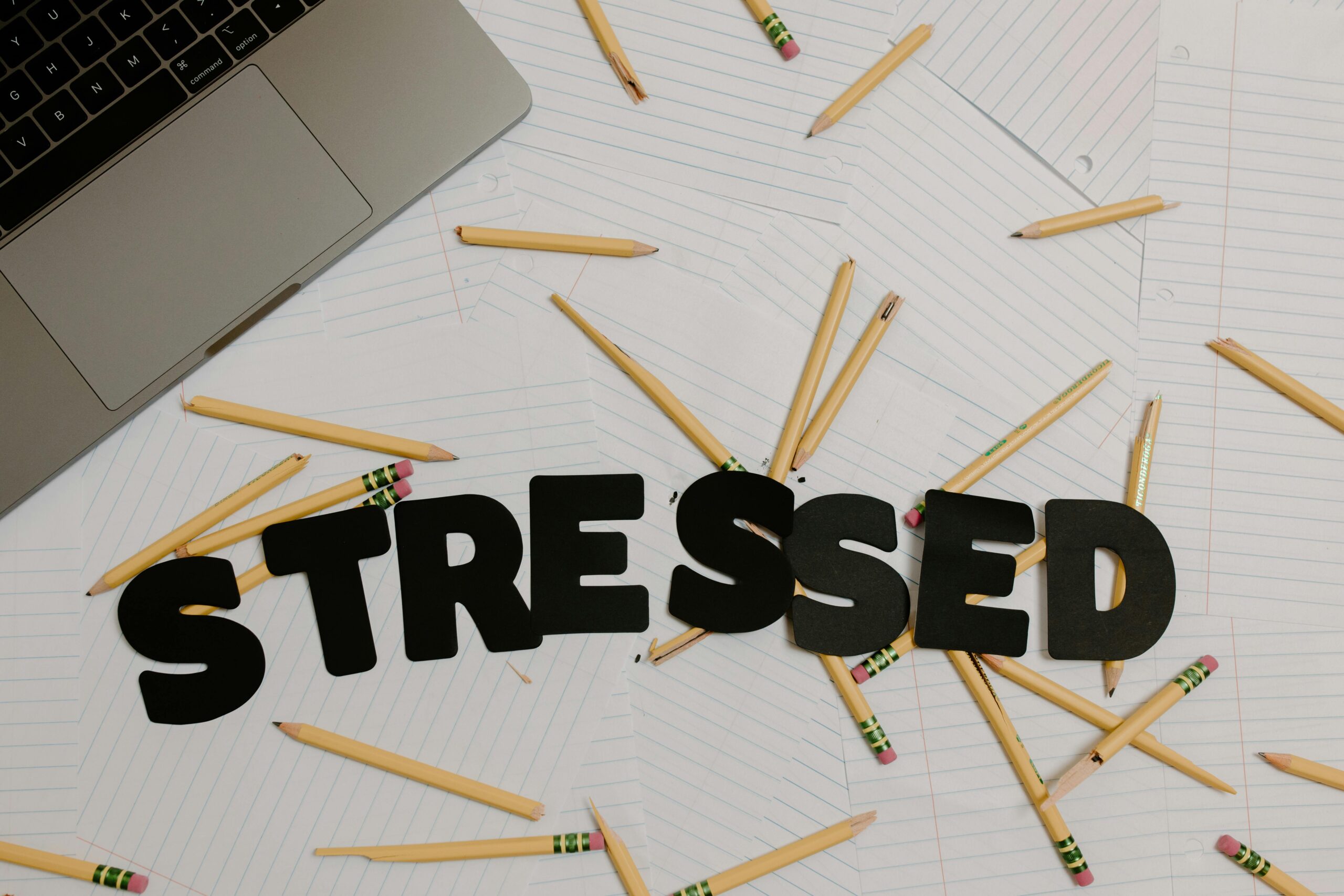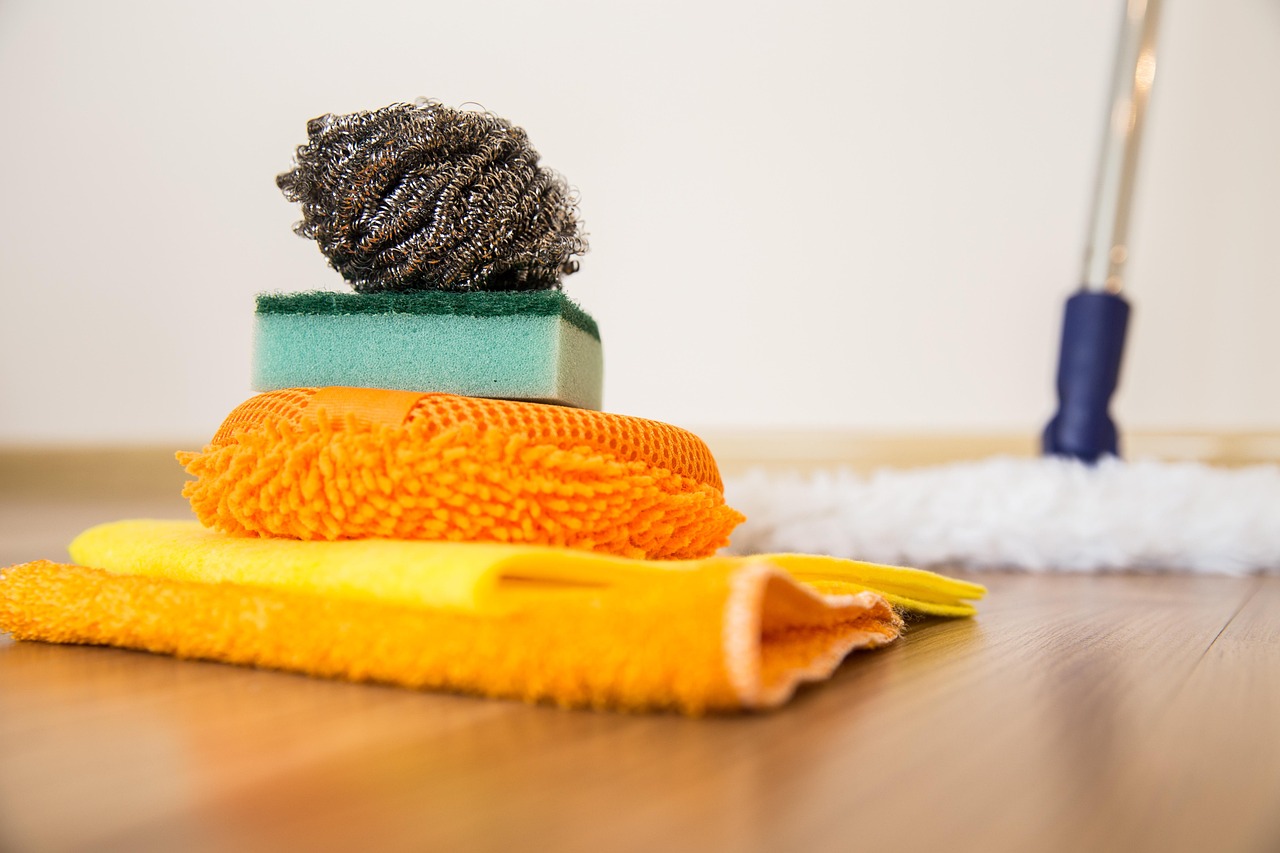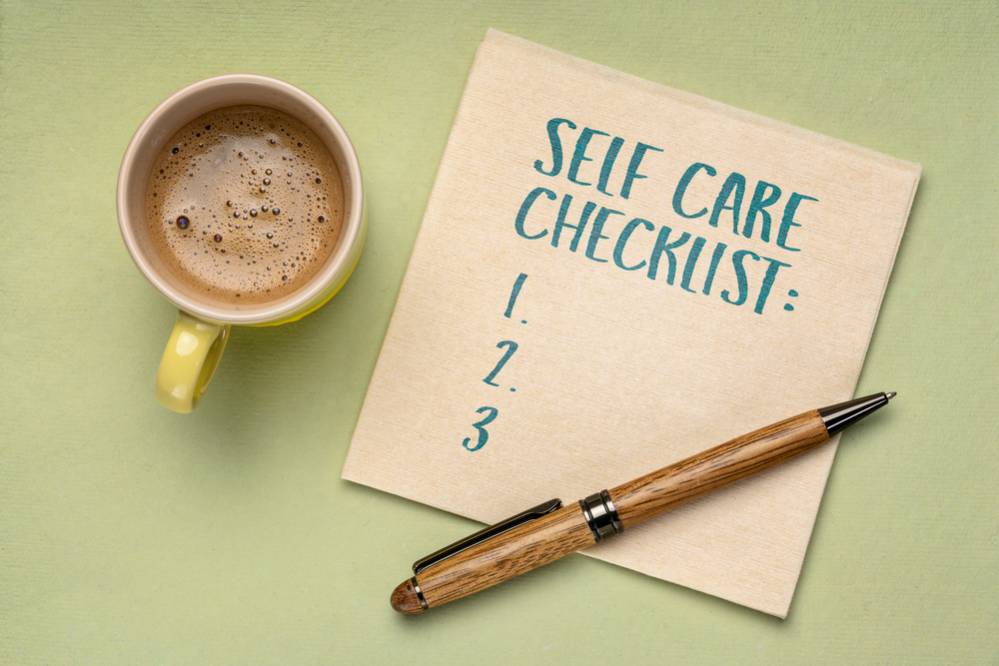Guest article from queer-voices.com.

Photo By Unsplash
Nurturing massage therapy and self-care activities are no longer confined to occasional indulgences but have become an integral part of living in the modern age. As stress increases and movement becomes more repetitive, self-care activities have become essential to maintaining balance. It has been emphasized that massage therapy should be a component of an overall routine that includes mindful movement, sleep, and learning. The following are various insights regarding massage therapy and self-care.
Impact on Overall Well-Being
One of the insights gained is perhaps the most significant, regarding the benefits of massage therapy to an individual’s well-being. This therapy has already been proven to minimize the sense of stress, enhance the quality of sleep, and maintain emotional stability. As the nervous system adjusts to the massage, mental acuity is greatly enhanced, allowing the individual to think clearly and react rationally instead of acting impulsively. Comfort promotes a positive mood, and a positive mood promotes comfort, thus the cycle. A self-care regime, such as massage therapy, is always sustainable because it addresses both the mental and the physical without having to adopt extreme methods.
The Science of Touch and Body Awareness
Massage therapy utilizes skilled touch techniques to affect muscles, connective tissue, and the nervous system. Touch pressure, rhythm, and speed help to communicate safety to the body, which accepts the massage by relaxing the muscles and reducing tension. Massage techniques not only have physical responses but also create body consciousness in the client, enabling them to recognize behaviors like improper breathing or uneven posture. Massage therapy can be considered the catalyst for change, not the cure, since clients become aware of the changes they should make between sessions.
Supporting Massage Therapists and Practice Safety
Apart from delivering care, massage therapists also have to ensure the safety and sustainability of their own practice. Massage therapists need to have the ability, interest, and comprehension of the unique care needs of every client for efficient massage therapy. Besides the ability, massage therapists also have the obligation to ensure their safety and that of their clients from any unexpected future events. To safeguard both themselves and their clients, it is wise for massage therapists to invest in comprehensive massage insurance that protects against unforeseen circumstances. This will help them excel in delivering care with confidence to ensure the sustainability of their careers.
Personalization as a Cornerstone of Self-Care
Good massage therapy practice recognizes that no two bodies are ever the same, and this has been seen with various factors involved. A massage therapist who personalizes massage sessions creates both trust and successful massage therapy sessions. From a self-care approach, personalization helps individuals develop the confidence required to speak up for what they need support with. Thus, massage therapy becomes an evolving practice, shifting with changing lifestyles and physical demands.
Consistency and Integration into Daily Life
Another critical understanding focuses on consistency. Take-charge interventions are helpful on occasion, but regular self-care makes for actual changes. Massage therapy should be used regularly in concert with other activities like hydration, movement, and sleep. Changing the perception of self-care as an intervention tool rather than a corrective action minimizes overall exhaustion. It makes massage therapy a useful tool in assessing overall physical status and readjusting activities accordingly before pain occurs. Over time, this steady approach allows individuals to notice subtle improvements in posture, flexibility, and overall comfort.
In conclusion, massage therapy provides something more than a mere handout; it offers guidance toward sustaining self-care. Massage helps along this journey through touch, customization, and integration with exercises like Pilates, into one’s life for physical and emotional well-being. When practiced habitually, massage practice stimulates awareness, resilience, and balance. It’s these reasons that massage in practice is a very pragmatic ally for anyone desiring a healthier relationship with their bodies and everyday lives.










